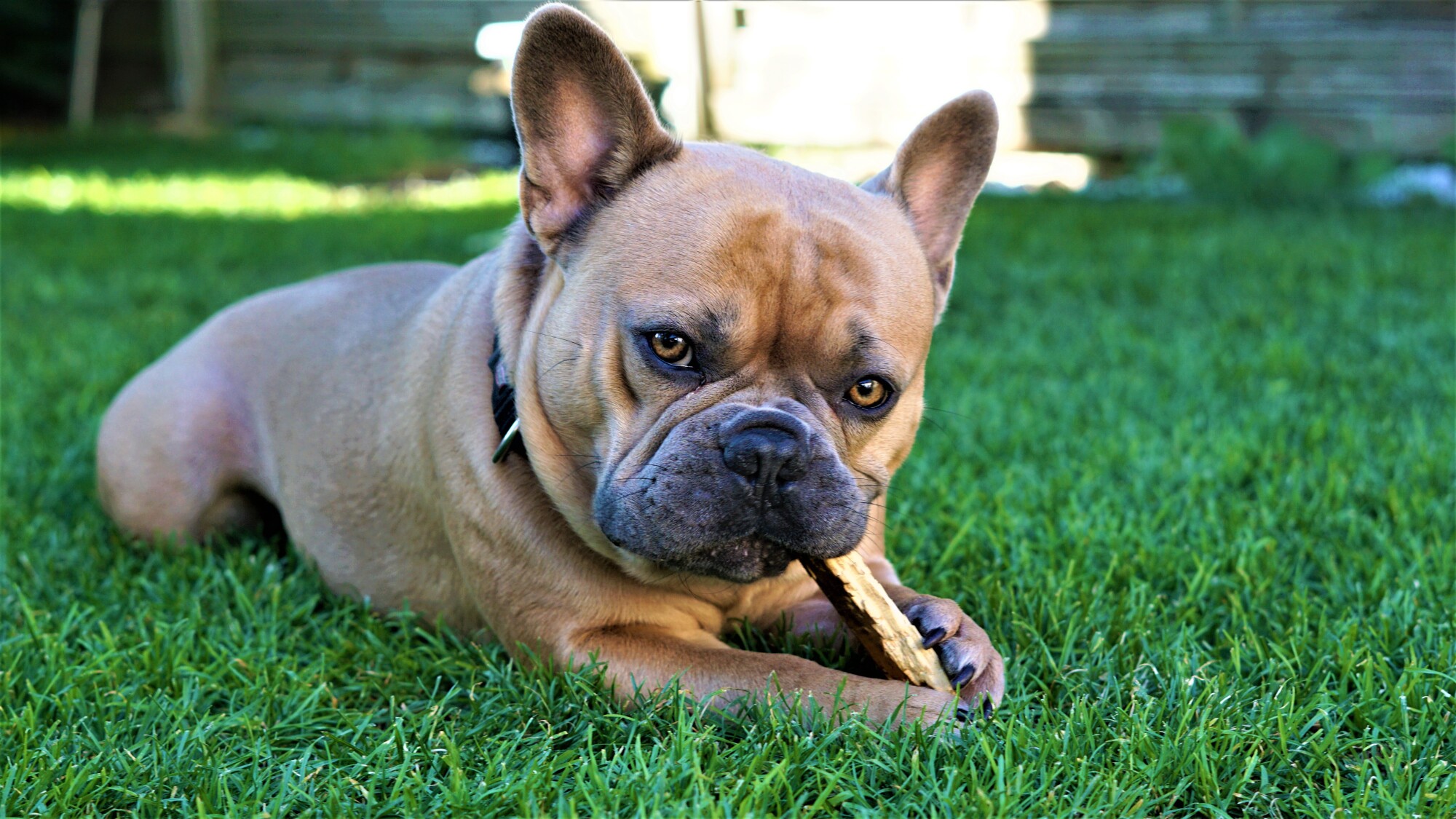The Best Diet for Your French Bulldog: Unveiling the Complexities
Introduction
The French Bulldog, an adorable and companionable breed, has captured the hearts of countless pet owners worldwide. Ensuring their optimal health and well-being requires meticulous attention to their nutritional needs. However, navigating the labyrinth of dietary recommendations can be daunting, leaving many pet owners grappling with uncertainty. This essay will delve into the complexities of the best diet for French Bulldogs, critically examining various perspectives and providing evidence-based recommendations to guide pet owners in making informed choices.
Understanding the Nutritional Requirements
French Bulldogs are prone to certain health conditions, including allergies, obesity, and joint problems. Their diet should meet their specific nutritional requirements, which vary depending on their age, activity level, and overall health status.
Essential Nutrients
French Bulldogs require a balance of macronutrients (proteins, carbohydrates, fats) and micronutrients (vitamins, minerals). Proteins are vital for muscle growth and maintenance, while carbohydrates provide energy. Fats are crucial for energy storage, hormonal balance, and cell function. Additionally, essential vitamins and minerals support various bodily processes, ranging from bone health to immune function.
Food Allergies
French Bulldogs are commonly affected by food allergies, which can cause skin irritation, digestive upset, and respiratory issues. Common allergens include beef, dairy, wheat, eggs, and chicken. Identifying and eliminating these allergens from the diet can significantly improve the dog's health.
Obesity Management
Obesity is a prevalent issue among French Bulldogs, as they tend to overeat and have a slow metabolism. Overweight or obese French Bulldogs are prone to heart disease, diabetes, and joint problems. Maintaining a healthy weight requires careful calorie control, regular exercise, and a diet low in unhealthy fats and carbohydrates.
Commercial vs. Homemade Diets
Pet owners can choose between commercial and homemade diets for their French Bulldogs. Both options have their advantages and disadvantages:
Commercial Diets
Homemade Diets
The best choice depends on the pet owner's preferences, time constraints, and the dog's individual needs. Consulting with a veterinarian before making any dietary changes is always advisable.
Weighing Different Dietary Approaches
Various dietary approaches are available for French Bulldogs, each with its unique benefits and potential risks:
Raw Diet
Consists of raw meat, organs, bones, and vegetables. Proponents claim it provides a more natural diet, promotes dental health, and reduces allergies. However, raw meat can harbor bacteria, and bones can be choking hazards.
BARF (Biologically Appropriate Raw Food) Diet
Similar to the raw diet but includes a mix of cooked and raw ingredients. It aims to mimic the diet of wild dogs. While it may offer some benefits, concerns about bacterial contamination and nutritional imbalances remain.
Vegan Diet
Exclusively plant-based diet that may be suitable for French Bulldogs with certain health conditions. However, it requires careful planning to ensure adequate protein and other essential nutrients.
Grain-Free Diet
Eliminates grains, which are common allergens. However, some grains provide essential nutrients, and a grain-free diet may not be necessary for all French Bulldogs.
The Role of Exercise and Supplements
In addition to a balanced diet, regular exercise and appropriate supplements can contribute to the overall health of French Bulldogs:
Exercise
Regular physical activity helps maintain a healthy weight, strengthens muscles, and promotes joint health.
Supplements
Certain supplements, such as glucosamine, chondroitin, and fish oil, can support joint health and mobility. However, it is crucial to consult with a veterinarian before administering any supplements.
Conclusion: Navigating the Dietary Maze
Determining the best diet for a French Bulldog is a complex endeavor influenced by their individual needs, health status, and lifestyle. Pet owners must carefully consider the nutritional requirements, potential allergies, and obesity management strategies. Commercial or homemade diets have their advantages and disadvantages, and the choice depends on personal preferences and the dog's specific needs.
Furthermore, exploring different dietary approaches, including raw, BARF, vegan, and grain-free diets, requires careful research and consultation with a veterinarian. Regular exercise and appropriate supplements can complement a healthy diet and promote the well-being of French Bulldogs.
By understanding the complexities of French Bulldog nutrition, pet owners can make informed dietary decisions, ensuring their beloved companions live long, happy, and healthy lives.
The Funniest Things Pembroke Welsh Corgis Do
Beagles And Their Playful Nature: Fun Activities To Try
Labrador Retrievers And Their Special Bond With Water



